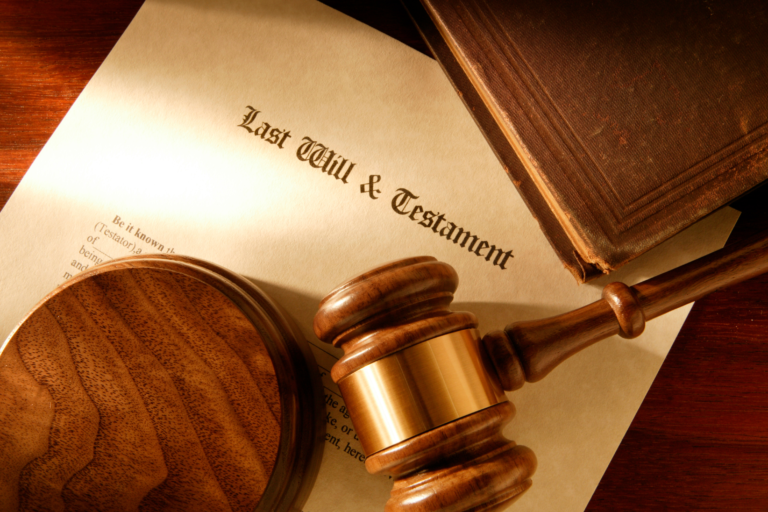Probate is the legal process wherein the will of a deceased person is reviewed by a court to determine the document’s validity and authenticity. Also, if the decedent’s estate qualifies for probate, his or her assets will be distributed under court supervision.
What happens if someone does not file for probate in Florida? Keep reading to find out.
What Happens If You Don’t File Probate in Florida? – The Basics
As provided by Florida Statutes §732.901 (1), “the custodian of a will must deposit the will with the clerk of the court having venue of the estate of the decedent within 10 days after receiving information that the testator is dead.”
Florida Statutes §732.901 (4) adds that “upon receipt, the clerk shall retain and preserve the original will in its original form for at least 20 years.”
Then, “if the probate of a will is initiated, the original will may be maintained by the clerk with the other pleadings during the pendency of the proceedings, but the will must at all times be retained in its original form for the remainder of the 20-year period whether or not the will is admitted to probate, or the proceedings are terminated.”
While Florida statutory rules require the custodian of a will to submit it to the court upon the testator’s death, there is no requirement expressly affirming that a will must be probated or that the custodian of a will must file for probate.
Depending on the circumstances, the estate of a deceased person in Florida may not qualify for probate.
Is Florida Probate Necessarily Required? – An Overview
Probate Assets vs. Non-Probate Assets
The first step to determine whether one should file a petition for probate in Florida is separating probate assets from non-probate assets. Under Florida law, several assets are not subject to probate upon the owner’s death, such as:
- Real estate held under joint tenancy
- Bank/brokerage accounts held under joint tenancy
- Real estate held under tenancy by the entirety
- Any assets held in a trust
- Retirement accounts
- Payable-on-death (POD) and transfer-on-death (TOD) accounts
- Life insurance or brokerage-related accounts with beneficiaries that are not the decedent
- Home furnishings (up to $20,000 in value) located in the decedent’s main residence upon death
- Tuition programs (only those qualified under IRS Code – Section 529)
- Specific types of death benefits
If someone dies in Florida while leaving no assets subject to probate, there is no reason for an interested person to file for probate in court.
Decedent’s Outstanding Debts vs. Remaining Assets
If the deceased person died owing debts that exceed the value of the remaining assets, filing for probate would be a waste of time and resources.
While the creditors would still have the right to probate estate to claim property, no interested person must open probate exclusively to benefit creditors. In such cases, the smartest option is filing for probate once the creditor period has expired.
Decedent’s Outstanding Litigation
When someone dies in Florida while being involved in litigation (e.g., personal injury lawsuit), probate is legally required. In this case, an interested person must open the decedent’s estate, as it will replace the decedent in the litigation process. With proper legal guidance, the required procedure is not hard to fulfill.
Are You Uncertain Whether to File a Petition for Probate? – Immediately Contact Your Florida Probate Lawyer
Waste no time with uncertainty. Call Attorneys Romy B. Jurado and Diana L. Collazos today at (305) 921-0976 or email [email protected] for expert legal guidance.






